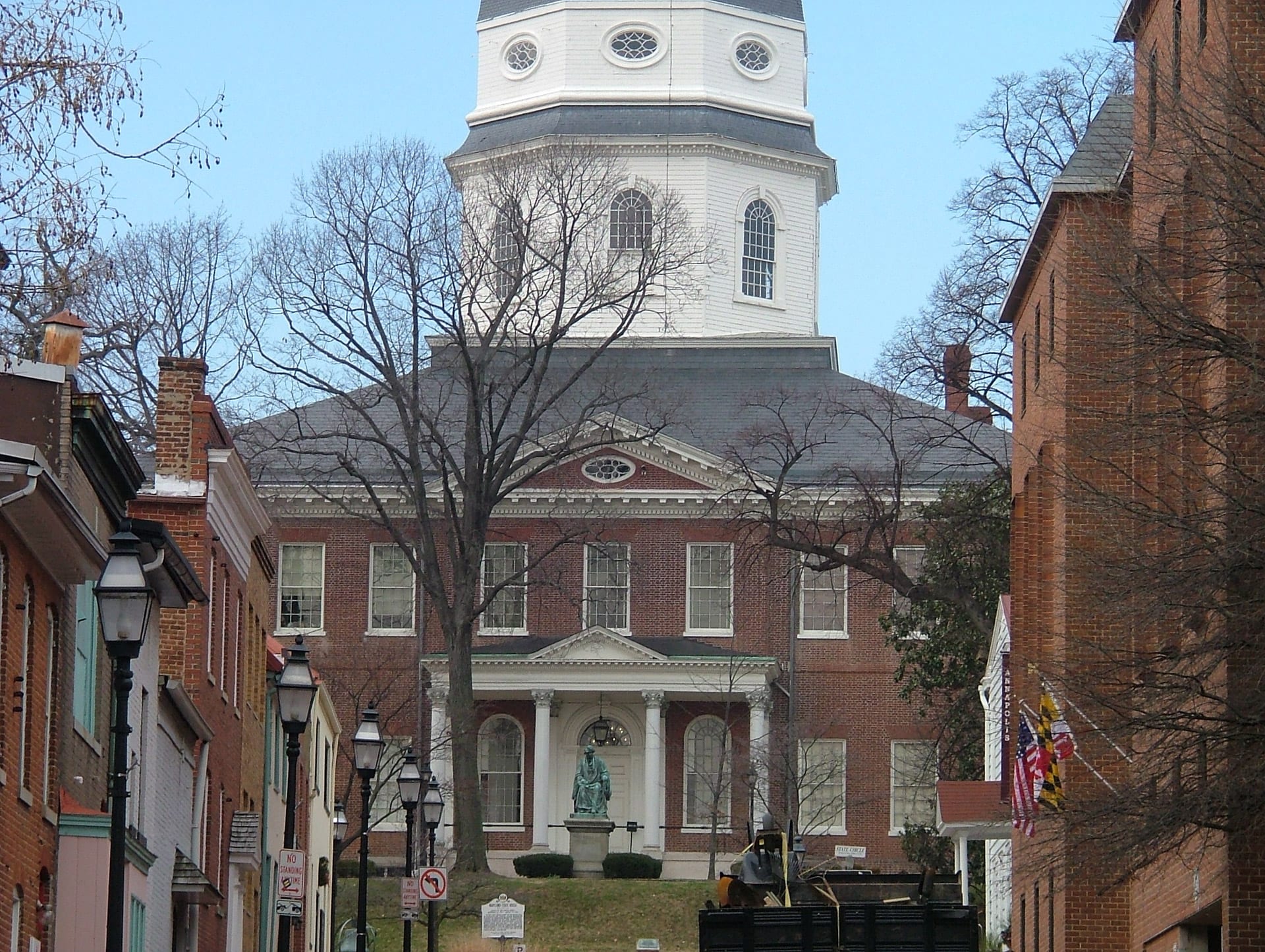Despite some drastic changes, legislation proposed by State Sen. Paul G. Pinsky is moving through the General Assembly.
Maryland is joining a handful of other states in drafting legislation to regulate for-profit colleges.
Leading the initiative is Maryland State Sen. Paul G. Pinsky. According to the Washington Post, the Prince George’s County Democrat is taking steps to abridge corporate abuses in an era of unprecedented tolerance.
Since taking office, U.S. President Donald Trump has stacked his administration with bureaucrats and officials friendly to big business. Education Secretary Betsy DeVos—said by some to embody Washington’s swamp—has rescinded guidelines and rolled back regulations that keep for-profit colleges accountable.
While not every for-profit school is a scam, many attracted negative attention from the Obama administration for charging exorbitant tuition and engaging in predatory business practices. Programs like ITT Tech, for instance, charged tens of thousands of dollars for scarcely-accredited degrees perceived as practically worthless by many employers.
Other for-profit schools such as the University of Phoenix has been similarly criticized for targeting veterans. Aggressively marketing itself to former servicepeople able to draw on military education benefits, the University of Phoenix promised a quality education while offering low-quality curricula.
Since DeVos’s ascension atop the Department of Education, the agency has terminated programs obligating for-profit schools to be more honest about post-graduation employment prospects and average indebtedness after commencement.

Pinsky and his cohorts, according to Post, are drafting their measures in response to the administration’s own.
While inter-state agreements and federal politics could weaken the efficacy of local law, legislators say they’ve a duty to protect constituents for unscrupulous schools and dishonest advertising.
“There are too many stories, too many experiences of people being promised things, not getting it and being left with large debt,” Pinsky, who also chairs the state senate’s Education, Health and Environmental Affairs Committee, said. “Returns on investment shouldn’t drive education.”
Pinsky’s efforts are similar to those being made in several other coastal states, including Maine, Oregon, Washington, New York and California.
Robert Shireman, a senior fellow at the Century Foundation, told the Washington Post that state-level lawmakers are stepping up to a post since abdicated by the federal government.
“All around the country, there are legislators that are concerned that in the absence of adequate federal oversight, they need to take this issue into their own hands and make sure we do not have yet another dramatic expansion of predatory for-profit education,” Shireman.
But some industry advocates have told the Post that times have changed—that companies like ITT Tech, so-called “bad actors,” have been shut down or forced out of business by now-defunct Obama-era regulations.
“This isn’t about bad actors anymore,” Steve Gunderson, president of Career Education Colleges and Universities, told the Post. “This is about eliminating a sector.”
According to Gunderson and his cohorts, state-level initiatives like Pinsky’s would bankrupt for-profit schools with good records and honest business practices.
However, Maryland’s legislative drafts seem poised to combat systematic and institutional forms of financial exploitation. Pinsky’s bill was originally poised to bring back old regulations capping the amount of operating revenue for-profit schools can receive from federal student-aid and benefits programs.
But, debated in the General Assembly throughout March, legislators stripped the provision to cap operating revenues derived from federal funds at 85% while accepting parts of the proposal which recommend for-profit schools disclose in-depth post-graduation employment statistics.
According to the Post—and despite Maryland’s reluctance to thoroughly regulate for-profit schools—lawmakers did unanimously agree to prevent private colleges from registering as nonprofit institutions to circumvent extant policy.
Maryland appears similarly poised to close loopholes allowing for-profit schools to milk veterans’ education benefits, too.
Sources
DeVos’ student protection rollback exemplifies the swamp
For-Profit Colleges Are Dodging Regulation by Becoming… ‘Nonprofits’?
Maryland bills would tighten for-profit college regulation amid Trump rollback


Join the conversation!